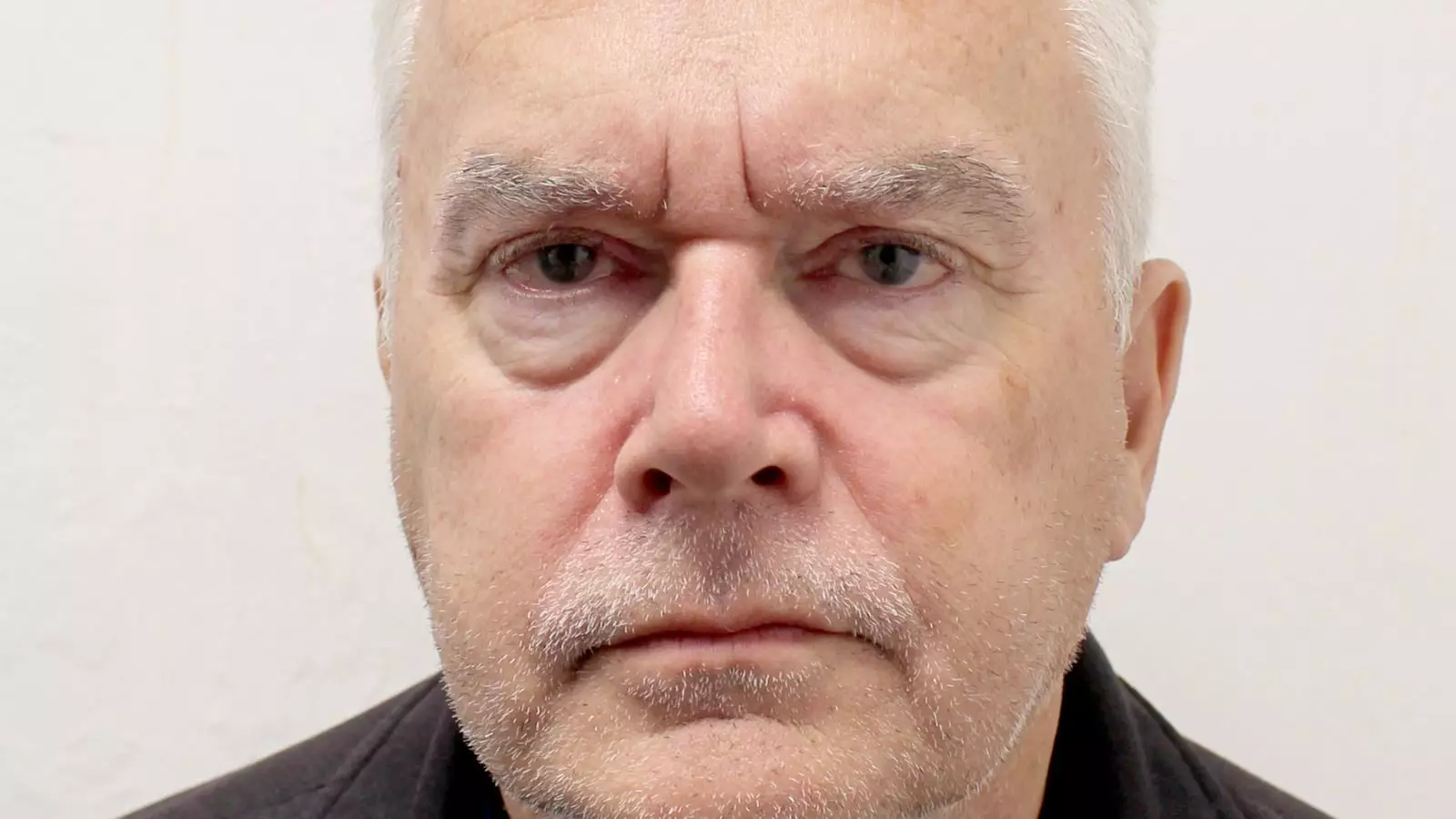In a shocking revelation that has rocked the foundations of the British Broadcasting Corporation (BBC), Huw Edwards, a prominent news presenter, was sentenced for serious crimes involving the making of indecent images of children. This scandal has not only tarnished Edwards’ career but also raised critical questions about accountability, governance, and the ongoing trust vested in a historically respected institution. BBC director-general Tim Davie’s response to the situation sheds light on the corporation’s current position and the monumental challenges it faces in restoring its image.
During a press conference at the Royal Television Society (RTS) annual convention, Tim Davie expressed his horror at the crimes committed by Edwards, calling them “appalling.” With the implications of Edwards’ actions resonating throughout the organization, Davie’s assertion that Edwards would likely never work with the BBC again indicates a decisive shift in how misconduct will be treated going forward. The former news anchor, who was sentenced to a suspended term for pleading guilty to three crimes, had reportedly exchanged significant sums of money for indecent materials, raising further ethical concerns about the lengths to which individuals within the media can go unchecked.
What is particularly alarming in this context is the revelation that the BBC continued to pay Edwards even after it became aware of allegations against him. Davie’s acknowledgment that the corporation “wrestled” with this decision illustrates the complexities of managing contracts and public perception. As the BBC attempts to reconcile its financial obligations with the moral imperative of accountability, this aspect of the scandal unveils significant shortcomings in its policies and governance structures.
The fallout from the scandal presents a critical juncture in how the BBC is perceived by the public. Davie has openly recognized that incidents like the Edwards affair erode trust, stating that the impact on the corporation’s reputation is undeniable. This admission is crucial, especially in an era where media organizations grapple with declining trust and increasing scrutiny from audiences conditioned to demand transparency and accountability.
The BBC’s commitment to regaining public trust hinges on its actions in the wake of the scandal. Davie’s emphasis on taking allegations seriously indicates a possible re-evaluation of how the corporation handles internal investigations, particularly concerning its on-air talent. As discussions continue about recovering the ongoing salary payments made to Edwards, now estimated at £200,000, the BBC’s willingness to address its financial responsibilities will be closely monitored by a skeptical public.
Throughout the discussion, Davie maintained a focus on the victims and their families, underscoring the importance of addressing their needs. It is a stark reminder of the human collateral involved in such scandals. The BBC’s response to the allegations will be remembered, not merely for the punitive actions taken against Edwards but for how effectively it restores faith in the institution it represents.
Interestingly, Davie’s comments on the handling of the initial allegations reflect a growing awareness within the BBC about the need to adapt to changing social dynamics. Moving forward, how the corporation engages with whistleblowers and responds to emerging allegations will be critical in shaping its culture and policies. It is essential for the BBC to not only react to misconduct but also to create an environment that fosters ethical behavior and promotes accountability among its staff.
As the investigation into the allegations surrounding the popular television show “Strictly Come Dancing” looms, it serves as a parallel issue that highlights broader challenges of workplace culture within the BBC. Davie noted that the organization is “pretty close to the end” of its inquiry, signaling an attempt to bring transparency to ongoing issues. However, the question remains whether these steps will be enough to placate an audience that now harbors doubts about the integrity of the institution.
Ultimately, the Huw Edwards scandal is emblematic of a deeper, systemic issue within media organizations—balancing the need for public trust with the realities of governance and operational protocols. The BBC stands at a crossroads, challenged to evolve in response to its internal crises. For the sake of its legacy, it must confront these challenges head-on, committing to a culture where accountability is paramount, victims are prioritized, and the long-term trust of the audience is diligently rebuilt.



Leave a Reply